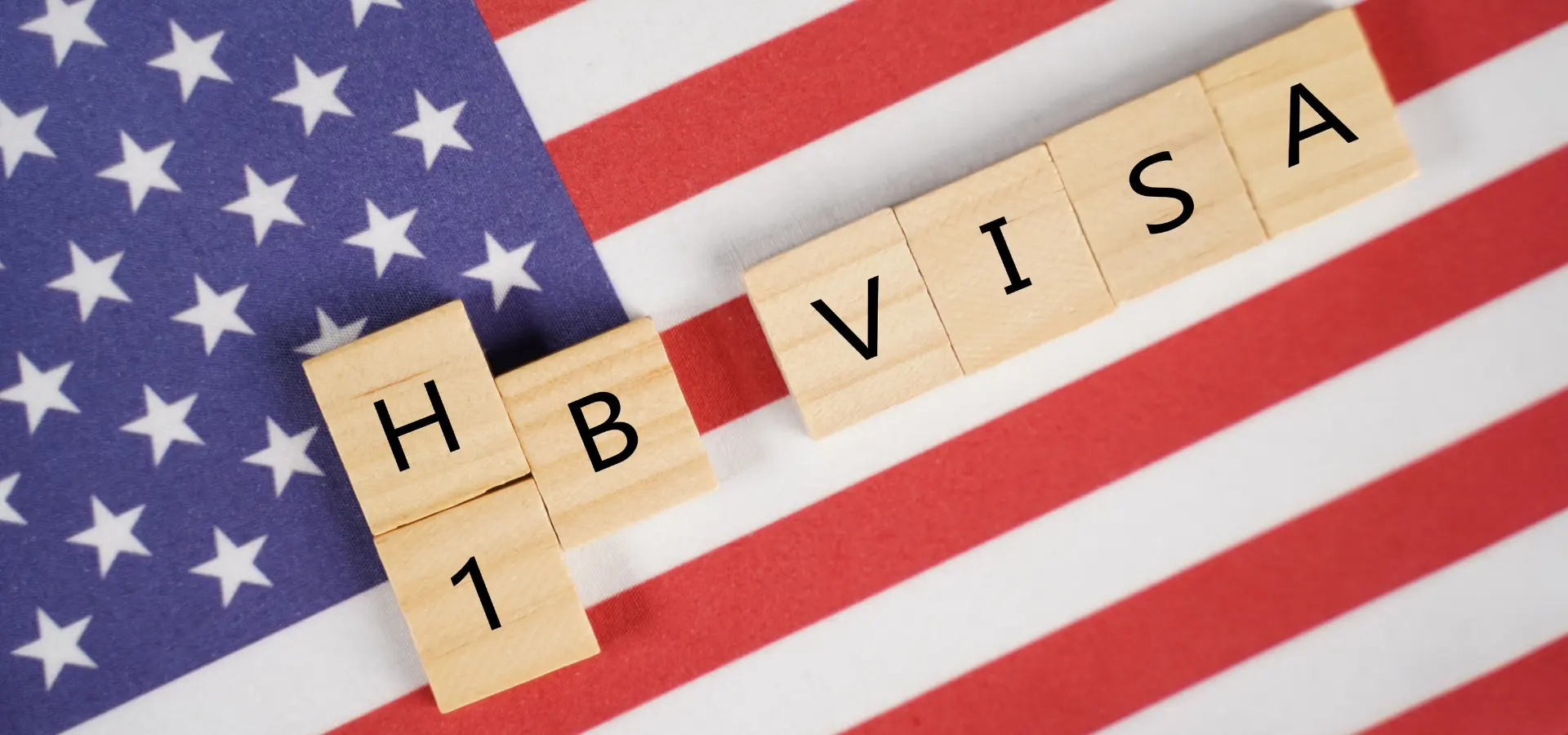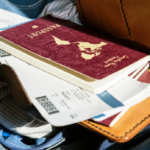The United States has long been a prime destination for skilled professionals seeking to advance their careers. One of the most popular pathways for foreign workers is the H-1B visa, designed for individuals in specialty occupations. For Saudi Arabian professionals aiming to work in the U.S., understanding the requirements and process for obtaining an H-1B visa is crucial. This guide delves into the U.S. H-1B visa requirements for Saudi Arabian professionals, covering eligibility criteria, application processes, and the benefits associated with this visa.
What is the H-1B Visa?
The H-1B visa is a non-immigrant visa that allows U.S. companies to employ foreign workers in specialty occupations. These occupations typically require a higher education degree or its equivalent, and the visa is often sought after by professionals in fields such as technology, engineering, healthcare, and finance.
Key Features of the H-1B Visa
- Duration: Initially granted for up to three years, the H-1B visa can be extended for a maximum of six years.
- Dual Intent: H-1B visa holders can apply for permanent residency (green card) while holding the visa.
- Portability: Visa holders can change employers, provided the new employer files a new H-1B petition.
Eligibility Requirements for H-1B Visa
Saudi Arabian professionals must meet specific requirements to qualify for the H-1B visa. These include:
1. Specialty Occupation
The position offered must qualify as a specialty occupation, which generally means that:
- A bachelor’s degree or higher (or its equivalent) is required for the role.
- The job must be complex enough to necessitate a degree in a specific field of study.
Common specialty occupations include:
- Computer and Information Technology (e.g., Software Engineers, Data Analysts)
- Engineering (e.g., Civil Engineers, Electrical Engineers)
- Healthcare (e.g., Physicians, Pharmacists)
- Finance (e.g., Financial Analysts, Accountants)
2. Educational Qualifications
Applicants must possess a relevant degree or equivalent work experience. The degree must be in a field closely related to the job. For example:
- A software engineer should have a degree in Computer Science or a related field.
- An engineer must have a degree in Engineering or a closely related discipline.
3. Employer Sponsorship
The H-1B visa requires sponsorship from a U.S. employer. The employer must file a petition on behalf of the applicant, demonstrating:
- The need for a foreign worker to fill the position.
- Compliance with labor laws, including paying the prevailing wage for the occupation.
4. Labor Condition Application (LCA)
Before submitting an H-1B petition, the employer must obtain a Labor Condition Application (LCA) from the U.S. Department of Labor. The LCA includes:
- Assurance that the employment conditions will not adversely affect other workers.
- Commitment to paying the H-1B worker the prevailing wage.
Application Process for H-1B Visa
The application process for the H-1B visa involves several steps:
1. Job Offer
First, the Saudi Arabian professional must receive a job offer from a U.S. employer willing to sponsor their H-1B visa application.
2. Employer Files the LCA
The employer must file an LCA with the U.S. Department of Labor. Once approved, this application allows the employer to proceed with the H-1B petition.
3. Filing the H-1B Petition
After obtaining LCA approval, the employer files Form I-129 (Petition for a Nonimmigrant Worker) with the U.S. Citizenship and Immigration Services (USCIS). This petition must include:
- Evidence of the specialty occupation.
- The beneficiary’s qualifications.
- A copy of the approved LCA.
4. USCIS Processing
Upon receiving the petition, USCIS will process it, which may take several weeks or months, depending on the processing option selected. Premium processing is available for expedited adjudication.
5. Visa Application at U.S. Consulate
If the petition is approved, the applicant must apply for the H-1B visa at a U.S. consulate or embassy in Saudi Arabia. This process includes:
- Completing the Online Nonimmigrant Visa Application (Form DS-160).
- Paying the visa application fee.
- Attending a visa interview where the applicant must provide necessary documentation, including the approved Form I-129, passport, and educational certificates.
6. Visa Issuance
Once the visa is approved, the Saudi Arabian professional can travel to the U.S. and begin employment.
Key Documents Required for H-1B Visa Application
Saudi Arabian professionals should prepare the following documents for the H-1B visa application:
- Valid Passport: Ensure your passport is valid for at least six months beyond your intended stay in the U.S.
- Job Offer Letter: A letter from the U.S. employer detailing the job title, responsibilities, and salary.
- Educational Qualifications: Copies of degrees and transcripts, along with credential evaluations if necessary.
- Resume/CV: A detailed resume highlighting relevant work experience and skills.
- Labor Condition Application (LCA): A copy of the approved LCA.
- Form I-129 Approval Notice: A copy of the approved H-1B petition from USCIS.
- Passport-Sized Photos: Recent photographs meeting U.S. visa specifications.
- Additional Documentation: Any additional documents required by the U.S. consulate during the visa interview.
Benefits of H-1B Visa for Saudi Arabian Professionals
The H-1B visa offers several advantages for Saudi Arabian professionals, including:
1. Career Advancement
Working in the U.S. can provide invaluable experience and skills development, enhancing career prospects in both the U.S. and globally.
2. Networking Opportunities
Saudi Arabian professionals in the U.S. can expand their professional networks, making valuable connections in their industry.
3. Pathway to Permanent Residency
Holding an H-1B visa can facilitate the transition to a green card, allowing professionals to establish long-term residency in the U.S.
4. Family Benefits
H-1B visa holders can bring their spouse and children to the U.S. under the H-4 visa category, allowing families to stay together during their time in the country.
5. Cultural Exchange
Living and working in the U.S. exposes Saudi Arabian professionals to diverse cultures and perspectives, enriching their personal and professional lives.
Conclusion
The U.S. H-1B visa presents a unique opportunity for Saudi Arabian professionals seeking to expand their careers and experience life in the United States. By understanding the requirements and application process, individuals can successfully navigate their journey toward obtaining this valuable visa. With numerous benefits, including career advancement, access to U.S. markets, and a pathway to permanent residency, the H-1B visa is an excellent option for those looking to make their mark in the global professional landscape.













